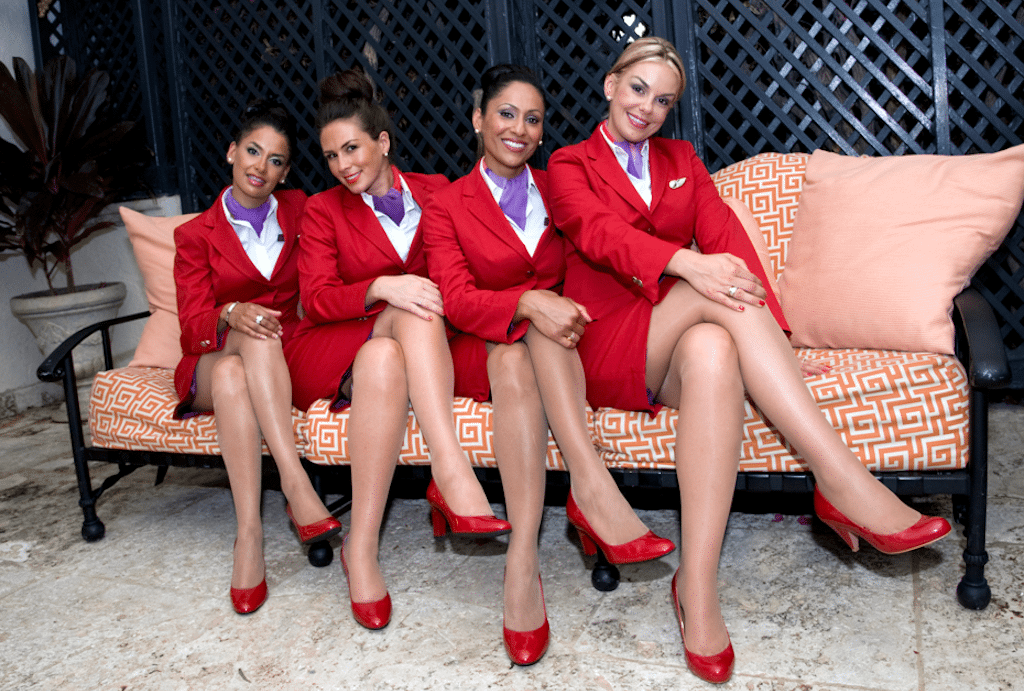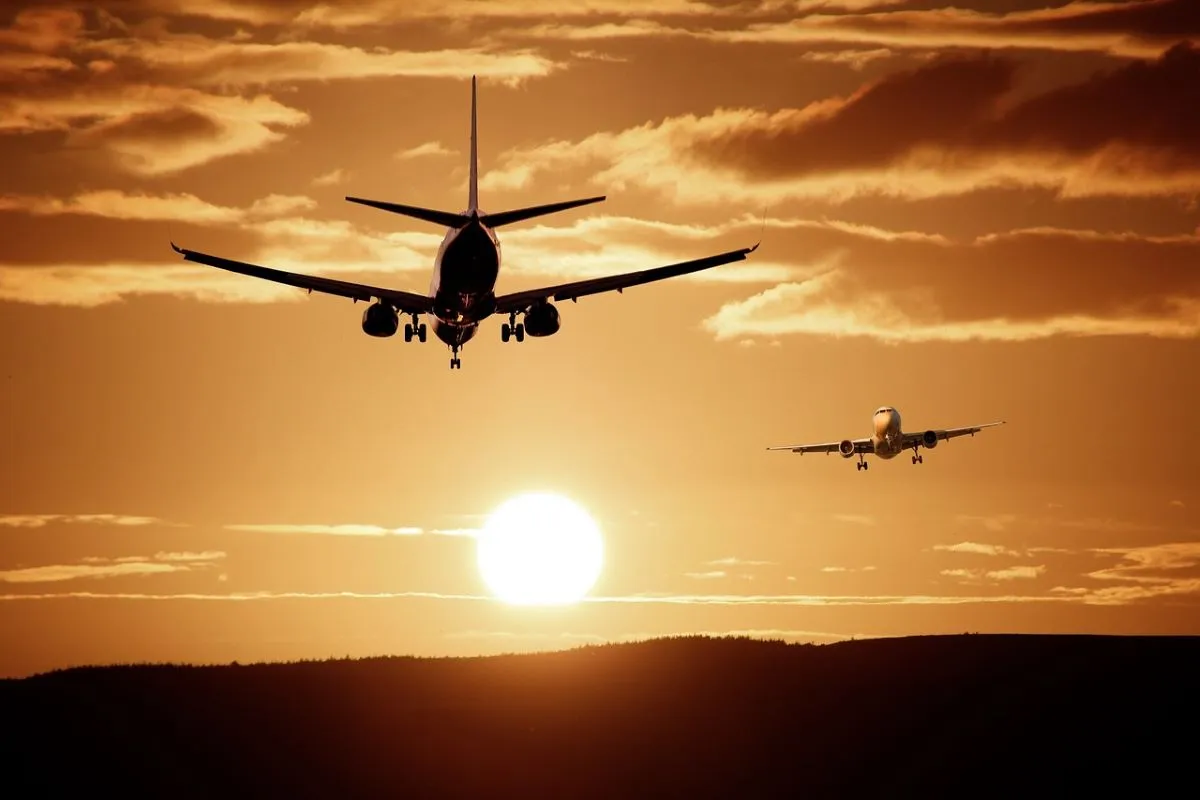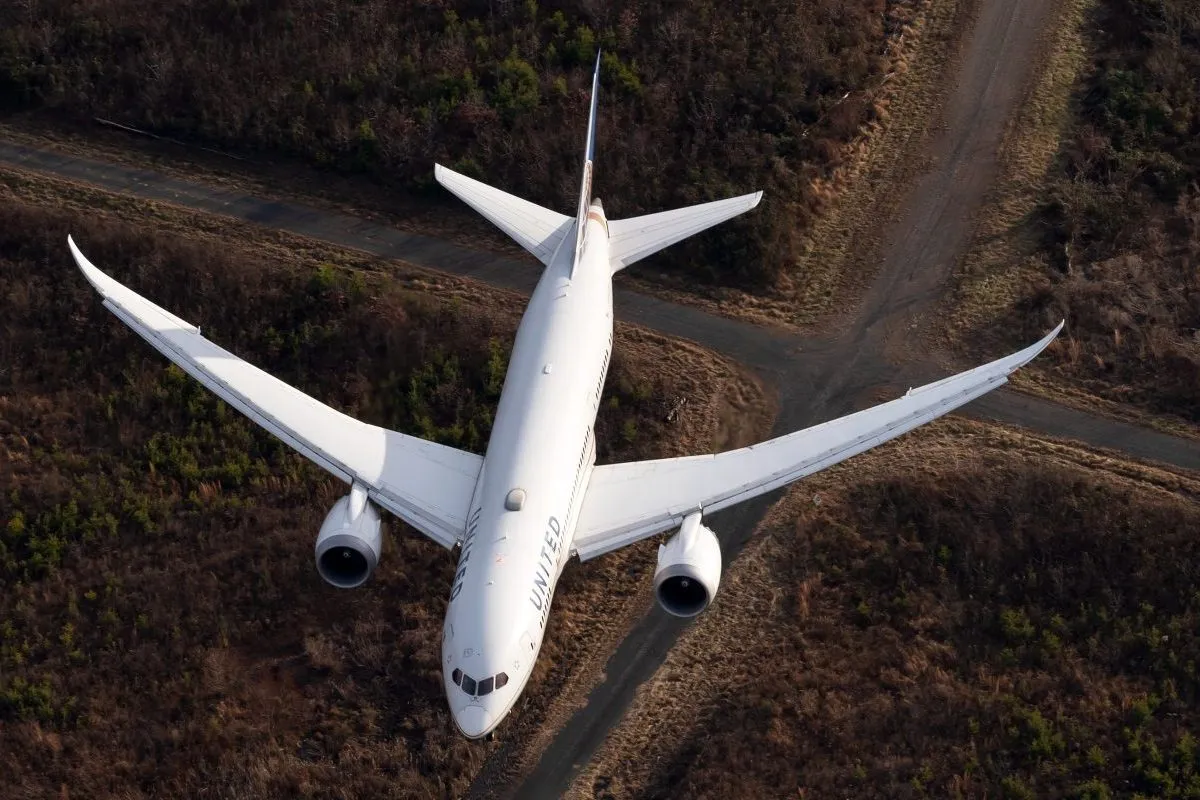Why Disrespecting Flight Attendants is Totally Nuts

Skift Take
The “nut rage” Korean Air incident, which led to airline executive and head of cabin service, Cho Hyun-ah, stepping down, shows that even airlines can forget why they have flight attendants onboard in the first place: cabin safety.
Tea, Coffee and nuts are nice, but not essential to survival. Flight attendants may be well-groomed and attractive, but they’re not your date for the duration of the flight.
We spoke with two seasoned flight attendants who share their views on the root of the disconnect between the image and the reality of this one-of-a-kind, non-nutty job.
Not Eye-Candy, but Life-Savers
“What we truly are is safety professionals,” says Doreen Welsh, flight attendant on USAirways Flight 1549, the Miracle on the Hudson. “I really thought that after our incident people might finally get what we're onboard for, but they just don't seem to the get it.”
Flight attendants jolt passengers into taking the actions required to survive when panic sets in, she tells us. “You don't realize the horror. People don't think it's going to happen to them.” Years of recurring emergency training kicks-in when it’s needed most, Welsh explains.
“We had 90 seconds to impact,” she says, “from the time we told we were crashing until we crashed.” In that short span of time, the flight attendants onboard readied passengers for an unprecedented water landing. After impact, they immediately shifted into rescue mode, getting passengers on slide rafts before the aircraft filled with water. “You just have to start doing what you're trained to do,” says Welsh, crediting adrenalin as a trigger.
“Once that adrenalin is rushing through your body like crazy, your mind starts to go through your manual, your training, how to evacuate an aircraft--it just appears. When we do our evacuation procedures, it's very repetitive, which is a good thing because you just click into that mode. You have to.”
Though aircraft emergencies are rare, flight attendants perform critical security and safety duties on each and every flight.
“It may look like we're just standing there, but there's a lot that been added since 9/11,” says Welsh. “We're very vigilant. We [do numerous security checks] during the boarding process, where years ago we just said: 'Hello.'” Flight attendants are also responsible for emergency medical services, including resuscitation when necessary, put-out cabin fires, and deal with any number of inflight incidents. “There's a lot more beyond the evacuation,” Welsh tells us, “but people don't seem to realize that. They just want their drinks and their peanuts and they want them now.”
Getting the Priorities Wrong
As flight attendant, industry writer, and Cruising Attitude author Heather Poole, says: “The problem is that nobody gets this job. My job is not hard, but 99% of people couldn’t do it.”
The work is taxing and the job description murky. Cabin service duties are secondary, but are integral to airline branding. When airlines set high-expectations of comfort and service, without emphasizing limitations, passengers feel cheated if they don’t get what they want when they want it.
But regulators clearly mark the divide between a flight attendant’s service role and safety role. Under FAR 135, the regulations governing commercial airline operators:
“No certificate holder shall require, nor may any flight crewmember perform, any duties during a critical phase of flight except those duties required for the safe operation of the aircraft.” The critical phases of flight are defined as: “taxi, takeoff and landing, and all other flight operations conducted below 10,000 feet, except cruise flight.”
Sex Sells, But At What Price?
While the purser removed from the Korean Air flight was a male flight attendant, most flight attendants are still women. It is the women who most often feature in airline advertising. The legacy flight attendant mythos, with its sexist stereotypes, endures. While sex appeal influences a wide-range of advertising, it’s rarely, if ever, associated with the portrayal of other emergency personnel.
No matter how subtly represented, this concept of the sexy flight attendant, ready to respond to passengers’ whims, has dangerous repercussions. Every day, flight attendants suffer verbal and physical abuse, with little or no consequence to the abuser.
People wouldn't dream of groping a firefighter, but some are comfortable grabbing the person who would guide them through flames during a crash. Coast Guard personnel don't contend with unwanted kisses on the neck, but the persons who deal with aircraft ditching are fair game. Few would dare make lewd remarks to security officers, but the first line of defense for the cockpit is a ready-target. Even from a service perspective, other hospitality, food-service, and customer-service roles on the ground are protected from such harassment. The damage wrought by aviation’s failure to protect its cabin crew is evident, even the world’s leading aviation market: the United States.
No Help, No Recourse
This October, on Delta Air Lines Flight 2525 from Atlanta to Denver, two flight attendants were sexually accosted by passenger Vadym Pecherskyi. According to affidavits given to the FBI, Percheskyi ”physically interfered with," the crew, assaulting them in the forward galley of the aircraft, in First Class. Unlike other unruly passenger incidents this year, no passengers intervened to help the crew and the flight was not rerouted, despite the security implications of flying with crew who have been compromised.
Pecherskyi was charged with physical and verbal abuse, sexual assault and interference with flight crew—a crime which, by definition describes Percheskyi’s actions—but the court accepted a lesser plea for abusive sexual contact.
Advertising for Trouble
Complaints from flight attendants, dating as far back as the 1970s, over their portrayal as the play-girls of the sky, have done nothing to discourage airlines from using sexist images in their advertising. Even subtle images of flight attendants focus on youth, a nice figure, soft features, a welcoming smile. On certain carriers, playing up the sex angle can be more extreme.
http://youtu.be/sABsUXcRXVc
Ongoing promotion of flight attendants as sex-objects diminishes the role, regardless of the flight attendants' gender, which is detrimental to the carrying out of critical safety duties for both sexes.
“How do you get order in the cabin in an emergency when you're wearing a bikini?” Poole asks. “When people think of you as a dancer or entertainer? We're expected to keep order. Our job is the safety and security of passengers. When it comes down to the time you have to do that job, you have to adjust the tone. There are lives at risk."
Poole says that flight attendants are especially compromised by hostile or abusive passengers because the aircraft cabin is such a tight, vulnerable space. “Flight attendants don’t have anywhere to go or anywhere to hide,” she says.
Mixed Messages
The disconnect between the airline’s advertising and the airline’s rules also confuse passengers, Poole feels. “Flight attendants have to balance between the image expected of them and adhering to the rules of what they can or cannot do. Passengers don’t get to see those contradictions. Upgrades are a good example of this. We can’t upgrade passengers because that’s in our rules, but passengers have certain expectations and they think we can do it to be nice—we can’t—and passengers get angry when those expectations aren’t met.”
The nature of the job also forces many flight attendants to put up with unacceptable behavior. "A lot of incidents are under-reported because there's no one to report them to or no chance to report them," Poole says. "Are we really going to delay a flight because a passenger was rude? We have to consider that, when there are quick turn arounds for a route. Do I go and make an issue over this, or do I just let it pass? Many times you just decide it's not worth it."
For Poole, and thousands of flight attendants like her, it can be hard to find that "glamour" on the job.
"The fact is nothing I do is very sexy," she says. "Clearing out other people's trash, cleaning up vomit--what's sexy about that?"




